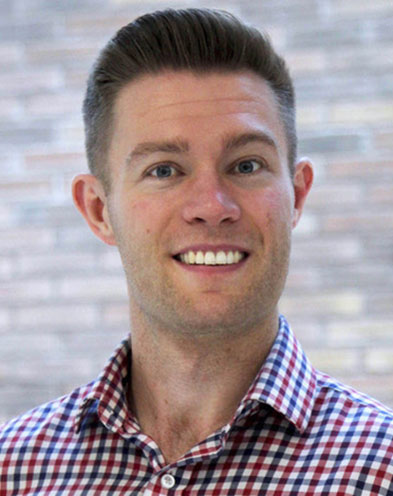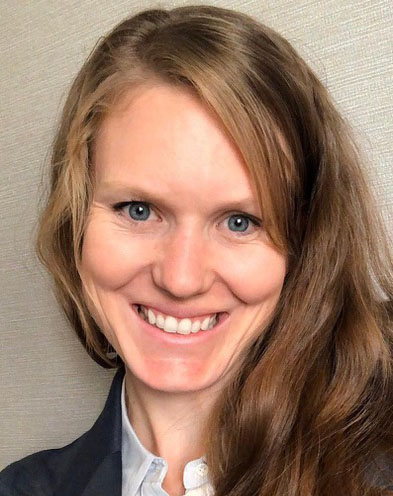Many people’s experiences of grief may be protracted, intensified, or in need of psychological intervention during this pandemic, say Richard Armitage and Laura B Nellums
Across all cultures, religions, and value systems, death is usually followed by a funeral service, and later by a range of formal and informal grief rituals. These practices serve as vital facilitators to the process of successful mourning. When they are interrupted, it threatens the course of people’s appropriate adjustment reactions, increasing the risk of complicated grief, along with the associated burden of physical and mental ill health.
Recent outbreaks of infectious disease, such as the 2013-16 west Africa Ebola epidemic, highlighted how the ensuing loss of traditional mourning practices can affect communities and increase distress. Since public health measures in response to covid-19 necessitated many of these interruptions again, in a moment when rates of death are significantly elevated, many people’s experiences of grief may be protracted, intensified, or in need of psychological intervention.
While only a minority of countries have prohibited funeral services, covid-19 public health requirements have significantly altered the conditions under which mourners may gather worldwide. In many countries, funerals are or have been abbreviated, predominantly conducted outdoors, and permit a limited number of mourners who must adhere to physical distancing measures. Those who are symptomatic, or at extreme clinical risk of covid-19, are advised not to attend, while rituals involving close contact with the deceased are largely discouraged or forbidden, including viewing the body prior to the service.
The practical requirements following death have also been transformed. In-person processes, such as registering the death; arranging a funeral; informing banks, utility companies, and housing associations; and dealing with the estate, usually require the presentation of physical documents, but these are now mostly conducted online.
While vital to helping control viral transmission, these public health measures compound the challenges posed to bereaved people during their mourning. The complete digitisation of practical arrangements disadvantages people without access to the relevant skills and technologies, while also excluding them from attending live streamed funerals and memorial services. This will be most severely damaging to people who are isolating alone while digitally unconnected, and may disproportionately impact older people, who may be unable to access their usual support networks, which are vital to the grieving process.
Interruptions to mourning can sharpen people’s experiences of loss, including their feelings of sadness, guilt, shock, and anger. These disturbances also introduce risk factors for the development of protracted adjustment and complicated grief, compounded by loneliness and social isolation. These consequences underscore the urgent need to scale up existing infrastructures of psychological support and bereavement care. Services for people who’ve experienced bereavement should apply context specific adjustments, particularly interventions delivered remotely such as online programmes and telephone support, so that they can provide effective, accessible, and equitable support, while still respecting public health measures during covid-19.
 Richard Armitage is a GP, and GP lecturer in clinical skills and early clinical professional development at Lincoln Medical School. He is also a master of public health student at the University of Nottingham, and the founder of the global health charity Volunteer Global Health. Twitter @drricharmitage
Richard Armitage is a GP, and GP lecturer in clinical skills and early clinical professional development at Lincoln Medical School. He is also a master of public health student at the University of Nottingham, and the founder of the global health charity Volunteer Global Health. Twitter @drricharmitage
 Laura B Nellums is an assistant professor in global health whose research is focused on migration and health. She also co-chairs the American Public Health Association Caucus for Refugee and Immigrant Health, and is a member of the UK Expert Consortium in Migrant Health. Twitter @LBNellums
Laura B Nellums is an assistant professor in global health whose research is focused on migration and health. She also co-chairs the American Public Health Association Caucus for Refugee and Immigrant Health, and is a member of the UK Expert Consortium in Migrant Health. Twitter @LBNellums
Competing interests: RA lost one family member and two healthcare friends during the covid-19 pandemic. We declare no other competing interests.
